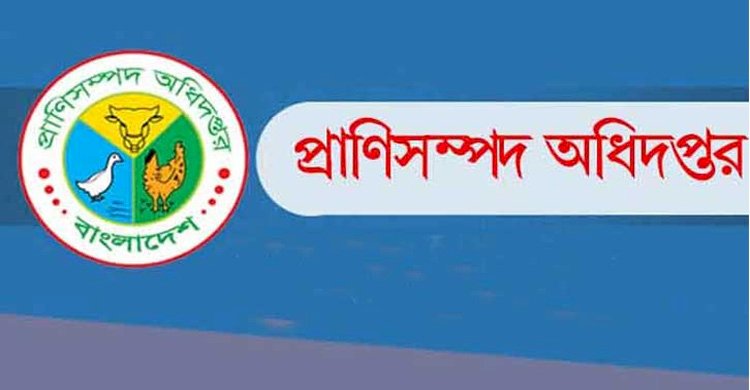News Flash
News Flash

DHAKA, Sept 7, 2025 (BSS) - The Department of Livestock Services (DLS) has launched a nationwide network of Mobile Veterinary Clinics (MVCs) in 360 upazilas, bringing emergency animal healthcare directly to farmers' doorsteps.
This initiative is significantly reducing livestock mortality caused by the lack of timely treatment, a longstanding challenge for rural livestock farmers.
Each MVC is equipped with a double-cabin pickup van, fitted with essential medical supplies and diagnostic tools, enabling veterinarians to respond quickly to urgent calls. Farmers can access these services by simply dialing the dedicated hotline 16358, after which a veterinary team is dispatched to their location.
This has eliminated the need for farmers to transport sick animals to upazila livestock offices, saving both time and lives.
"The facilities have been developed so that veterinarians can reach the animals immediately after receiving an emergency phone call," said Dr. M Abu Sufian, Director General of the DLS.
He noted that many animals previously died from complications like delivery issues, uterine displacement, and milk fever because farmers couldn't access medical help in time. Now, mobile clinics are helping to prevent such losses, improving animal health and farmers' incomes.
The mobile clinics have been rolled out under the Livestock and Dairy Development Project (LDDP), a World Bank-funded initiative.
According to Dr. Md Golam Rabbani, Chief Technical Coordinator of LDDP, the government has invested over Tk 184 crore to establish the service in 360 upazilas across 61 districts. He added that 115 more MVCs will be introduced next year to cover the remaining upazilas and all nine city corporation areas.
LDDP Director Md Abdur Rahim described the initiative as a major achievement for the country's livestock sector.
"From now on, farmers won't have to suffer losses from untreated animal illnesses. The mobile clinic will reach them right after a call is made," he said.
Each MVC vehicle carries a wide range of medical tools and equipment, including a portable ultrasonography machine for early pregnancy detection, electrical mastitis and oestrus detectors, surgical kits, equipment for manipulative delivery and postmortem, orthopedic tools, dehorning devices, stomach tubes, restraining ropes and chains, measuring tape, weighing scale, gum boots, aprons, and even a small refrigerator and saline stands. These resources enable the team to handle a broad range of veterinary emergencies on site.
The mobile clinic team consists of the Upazila Livestock Officer, a veterinary surgeon, and a compounder or dresser, who travel together and provide treatment directly at the farmer's home or farm.
Dr. M Azizul Huq, ULO of Manikganj Sadar, noted that these mobile clinics have made it possible to reach even the most remote areas quickly.
"Farmers are now economically benefitting by being able to save their livestock from life-threatening conditions. Besides treatment, the clinics are also conducting monitoring and vaccination campaigns," he said.